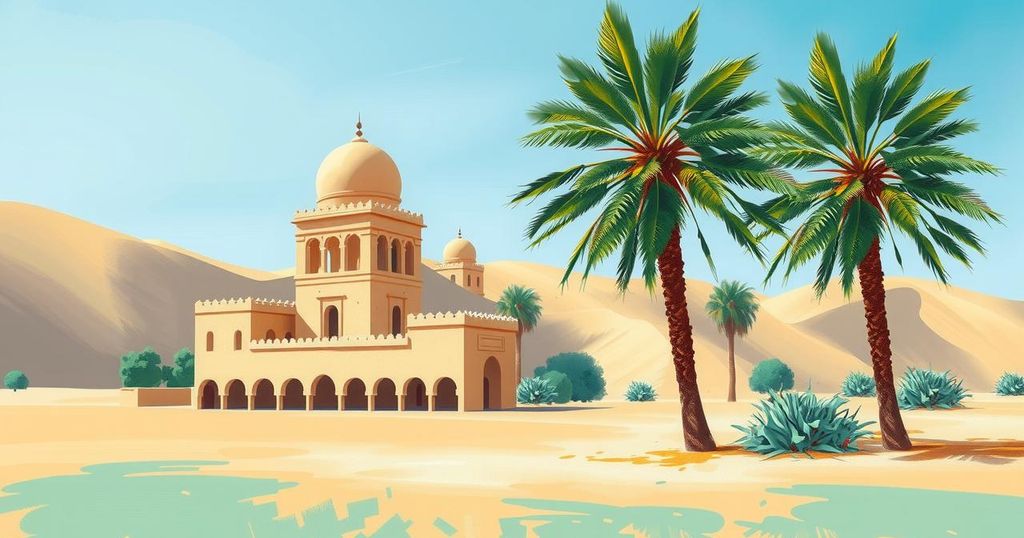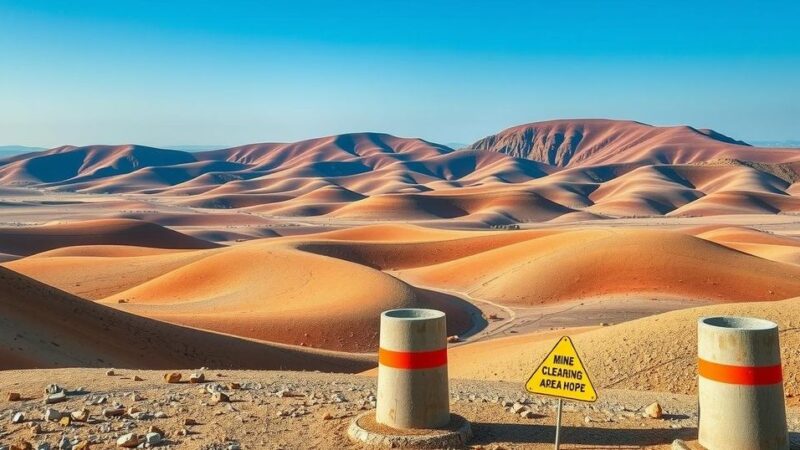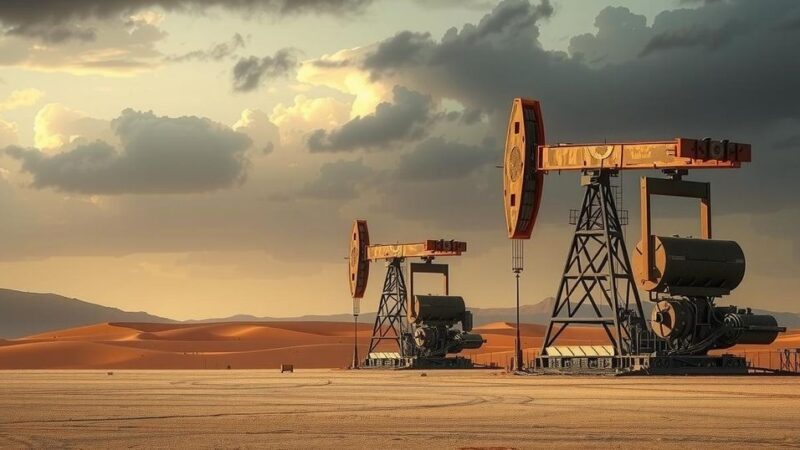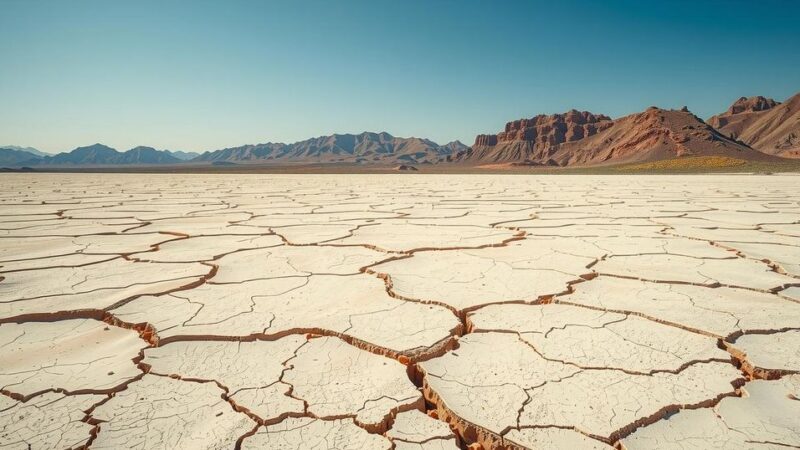The Trump administration expresses cautious optimism following US-Iran nuclear talks in Oman, with both sides agreeing to meet again. An Iranian official called the discussions difficult yet productive. Trump, preferring diplomacy over military action, faces a conundrum regarding Iran’s enrichment rights—an issue that could impact future negotiations as regional dynamics evolve amidst his Gulf visit.
The Trump administration is expressing cautious optimism following the latest round of nuclear negotiations between the US and Iran, held in Oman. After three hours of discussions on Sunday, both sides are set to reconvene and tackle the technical specifics of a potential agreement, as indicated by a senior US official who said they were “encouraged by today’s outcome.”
Iran’s foreign ministry spokesman, Esmaeil Baqaei, had a more subdued take post-meeting, labeling the talks “difficult but useful.” He noted that Oman would continue to facilitate dialogue, suggesting the Gulf sultanate’s role as a mediator is growing in importance for these negotiations. In Muscat, sources are indicating talks seem to be going in a positive direction, which could prove critical as Trump prepares for an upcoming Gulf visit.
Trump’s Gulf trip is expected to occur amid hopes for progress in these nuclear discussions. The president is looking for a diplomatic win given the lack of breakthroughs in other areas, like the ongoing crises in Gaza and Ukraine. While Iran is pushing for sanctions relief, the recent ceasefire involving Iranian-backed Houthis in Yemen is believed to have revitalized discussions between the US and Iran.
Top US negotiator Steven Witkoff and Iranian Foreign Minister Abbas Araghchi led the conversations, with Omani Foreign Minister Sayyid Badr Al-Busaidi facilitating communication. Face-to-face meetings were reportedly a part of the three-hour session. As Trump gets ready to visit Saudi Arabia, Qatar, and the UAE, he’s emphasized his preference for diplomacy rather than military force regarding Iran’s nuclear ambitions.
Despite this, the administration’s stance on Iran’s nuclear program appears inconsistent. Trump recently said it’s undecided whether Iran can maintain any form of limited nuclear enrichment for peaceful purposes. Witkoff, however, later emphasized that enrichment remains a strict “red line” for the US, stating unequivocally that no enrichment means dismantlement of Iran’s nuclear facilities.
There’s ambiguity surrounding the issue of civilian nuclear capabilities for Iran, which the US has addressed differently—Secretary of State Marco Rubio has suggested that Iran could uphold a nuclear program, provided it imports enriched materials. Iranian leaders maintain that their right to domestic enrichment is non-negotiable, which presents a significant hurdle for negotiations moving forward.
Since Trump’s withdrawal from the 2015 nuclear deal, Iran’s enrichment levels have skyrocketed – currently at 60% purity, which is perilously close to the 90% threshold deemed as weapons-grade. The UN International Atomic Energy Agency has indicated that if Iran were to further enrich its stockpile, it would have enough material to potentially create six nuclear bombs.
In the ongoing talks, Iran’s nuclear program remains the primary focus, while other sensitive matters, such as missile development and regional proxy operations, will be addressed later. Witkoff cautioned against broadening the agenda, warning it could jeopardize the talks entirely.
As discussions continue in Muscat, Iran’s nuclear developments will be a crucial topic while Trump is in Riyadh. Interestingly, the Gulf states are showing more support for the current negotiations, in contrast to their wariness back in 2015, suggesting a possible shift in regional priorities towards economic stability rather than confrontation. Just a day prior to the meeting in Muscat, Araghchi was in Jeddah and Doha, engaging with Saudi and Qatari officials.
In summary, the recent talks in Muscat signal a cautious but hopeful step towards a potential nuclear agreement between Iran and the US, ahead of President Trump’s Gulf visit. While optimism is present, many nuances and disagreements remain, particularly concerning Iran’s right to enrichment and the need to keep discussions focused. As Gulf states become more open to dialogue, the coming days will be critical for determining the future of these negotiations.
Original Source: www.al-monitor.com






